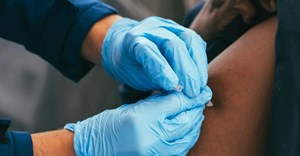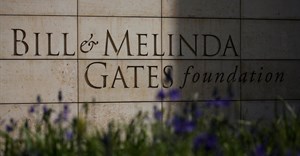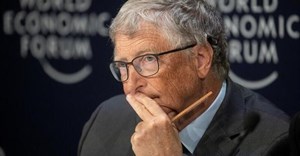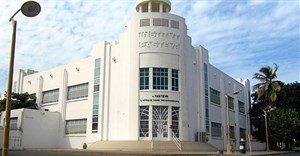WHO launches tobacco control effort in Africa
The focus of the programme will aim to strengthen countries' ability to implement the WHO Framework Convention on Tobacco Control (WHO FCTC), the international health treaty that guides national efforts to counter the tobacco epidemic, and the establishment of a regional centre of excellence to support the development of countries' capacity to resist the spread of tobacco use.
“Tobacco use is the most preventable cause of illness and death,” said WHO assistant director-general for Non-communicable Diseases and Mental Health Dr Ala Alwan. “It kills more than five million people per year. Unchecked, it will kill more than eight million people per year by 2030, with more than 80% of those deaths occurring in developing countries. Although tobacco use is less prevalent in Africa than in other regions of the world, that will change unless we act.”
Tobacco use is a risk factor for the major non-communicable diseases - heart attacks, strokes, cancers, diabetes and asthma and other chronic diseases - which together account for 60% of all deaths. In the 46 countries of WHO's Africa region (AFRO), non-communicable diseases are expected to account for 46% of deaths by 2030, up from 25% in 2004.
“Tobacco use in Africa is more than a health problem,” Dr Alwan said. “It's a development problem, too. Tobacco breeds poverty, killing people in their most productive years. It consumes family and health-care budgets. Also, money spent on tobacco products is money not spent on such essentials as education, food and medicine.”
“WHO's new and innovative tobacco control work in Africa will help to bring solutions within reach,” Dr Alwan added.
“We must act now to implement the WHO FCTC in order to prevent a tobacco epidemic in Africa,” said Dr Paul Samson Lusamba Dikassa, director of Programme Management at the WHO Regional Office for Africa (AFRO). “WHO in the African region has an important role to play in working with countries to control tobacco.”
“There is a pressing need to formulate effective strategies against tobacco use,” said Dr Douglas Bettcher, director of WHO's Tobacco Free Initiative. “Working with governments and partner organisations, we can help in preventing tobacco from gaining the upper hand.”
The work will be financed in part by a grant of US$10 million from the Bill & Melinda Gates Foundation. The grant is the largest that WHO has received for tobacco control in Africa and is an important means to address the noncommunicable diseases gap in the international development agenda.










